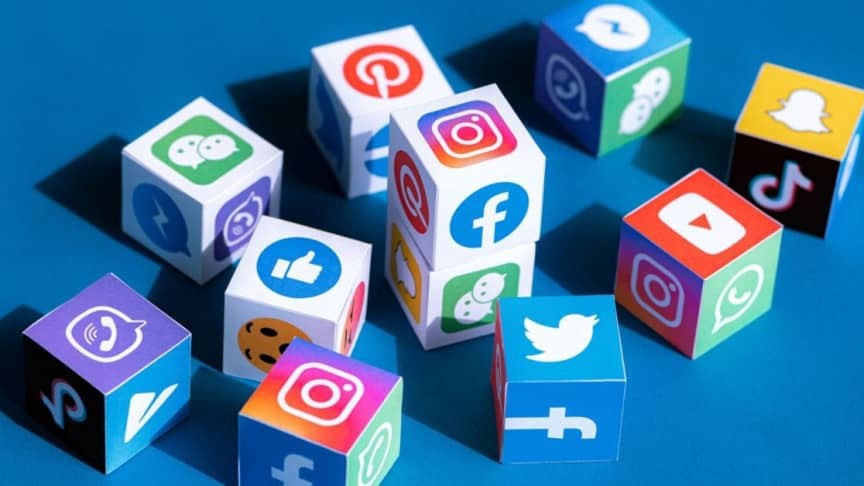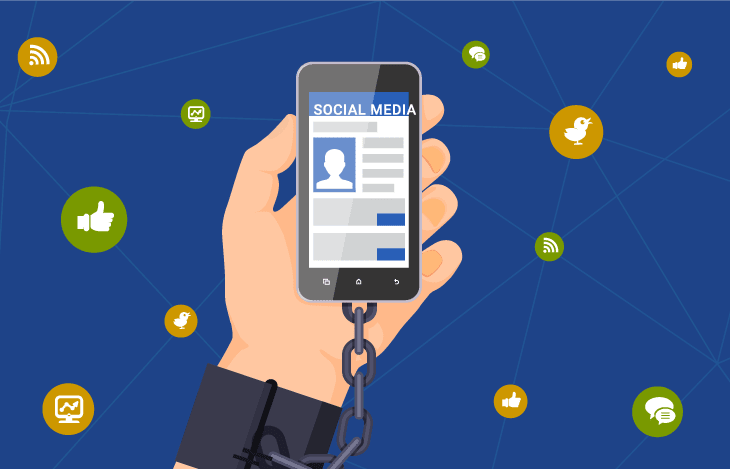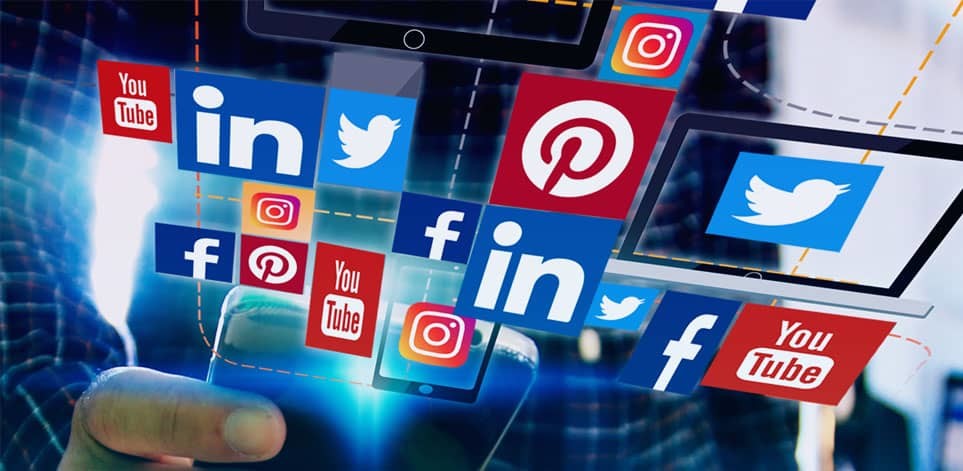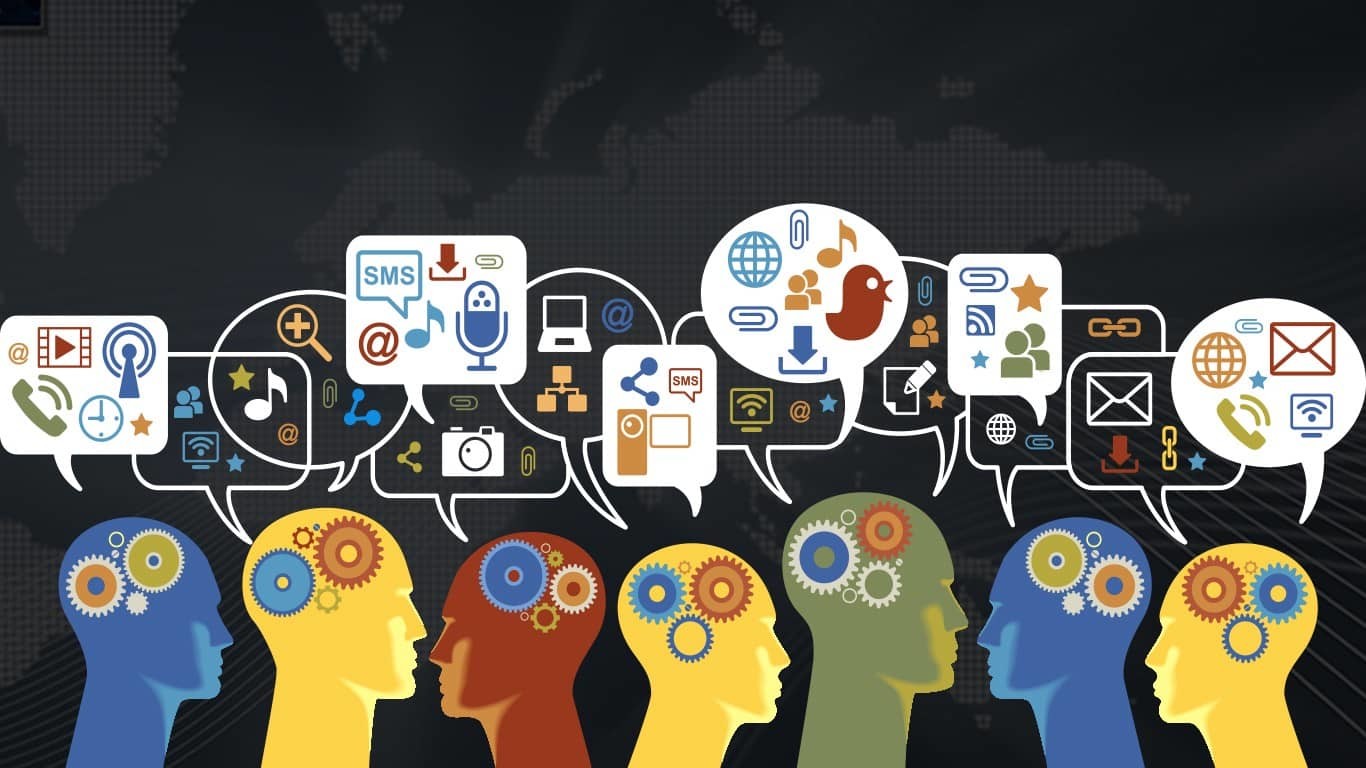The psychological effects of social media are an issue that is increasing in importance today. Social media platforms such as Facebook , Instagram , Twitter and Youtube continue to grow every year. Today, millions of people interact through social media and this number is increasing day by day. More than 3 billion people around the world spend time on social media. Social media, which has risen to the first place among the mass media, has brought many discussions with it. The psychological effects of social media is one of these studies.
What is Social Media?
Social media is a media system that comes with Web 2.0. Thanks to web 2.0, the Internet has moved from one-way information sharing to simultaneous and two-sided information sharing. Social media, which eliminates the space limit with mobile devices, is a communication tool where discussion is essential.
Social media is divided into many parts today. It can appear in different forms such as blogs, business networks, forums, photo sharing sites, product and service reviews, social bookmarking, social networks and watching videos.

Social Media and Addiction
The first issue that can be evaluated within the framework of the psychological effects of social media is social media addiction. Social media addiction, which is a relatively new concept; It is used for people who use social media at a level that neglects their work, power, family and even eating and drinking. Although research on this addiction is still ongoing, it is not currently a medically accepted disease worldwide.
If social media is the last thing to look at before going to bed at night and the last thing to look at when you get up in the morning, it's time to make a situation assessment at this point. Social media algorithms are increasingly making users dependent on themselves and want to increase the time spent on the sites. Artificial intelligence acts according to our tastes and lifestyle.

Effects of Social Media on Society
While social media has become an increasingly powerful force, it has also pioneered many social events. The fact that social media has become the biggest mass communication tool and surpassing television viewing rates is the biggest sign of how important it is. The traditional journalism concept has left its place to citizen journalism with social media. Thanks to smartphones, people have the power to instantly convey a situation to millions of people.
Since social media is a relatively free platform, it has become easier for people to express their thoughts and find supporters. The Western world defined technology as a tool to spread democracy. Repressive regimes, on the other hand, chose to ban websites and identify and punish social media users.
One of the social effects of social media was experienced in the communication between parents and children. Parents have started to share the virtual environment with their children. Thanks to the innovations that came with Web 2.0 in the field of education, the process of accessing information became easier.

Psychological Effects of Social Media
It is possible to evaluate the psychological effects of social media under two sub-headings as beneficial and harmful aspects. Social media is not a completely beneficial or completely harmful communication system.
First, let's take a look at the positive psychological effects of social media:
Sense of Belonging:
Social media is a platform where you can find a space where you can feel belonging. These platforms, which are open to people of all opinions, create an environment where you can make yourself accepted. Replies or likes from groups of friends and family create a sense of acceptance.
Finding a Role Model:
Previously, the person or people shown on television were considered role models. Nowadays, we can discover people that we would like to be inspired by or idols through social media.
Reduces the Feeling of Loneliness:
A study conducted by Carnegie Mellon University revealed that social media users reduce the feeling of loneliness they experience thanks to interactions. Instant interactions have been shown to be the biggest factor in reducing this feeling.
Happiness:
According to a study by the University of Missouri, social media has been found to make people feel good. It was observed that the test subjects participating in the research were happy to receive more interaction on social media, and on the contrary, the happiness disappeared.
Communication:
Today, accessing information has never been easier. Now, it has become possible to communicate via social media and access the necessary information with a few clicks. Social media is the most powerful tool to get information and communicate about different geographies and cultures.

Almost all of the positive articles about the psychological effects of social media can also be a precursor to negative situations. Especially intensive use of social media has negative effects both physically and mentally. For this reason, you should not completely immerse yourself in these platforms, and you should not see life as consisting of social media. So what are the negative psychological effects of social media?
Feeling of Inadequacy:
People with an intense desire to be accepted feel inadequate when they compare their interactions with others on social media and see that they receive less interaction.
Anhedonia:
This term, which means "inability to enjoy" in Greek, is accepted as one of the symptoms of depression in psychology. In a study conducted at the University of Missouri on the psychological effects of social media, it was observed that some subjects experienced a state of anhedonia. It has been observed that people who experience this situation generally have few friends and interact less on social media.
Addiction:
Social media addiction is an order in which our whole life is based on smartphones and social media accounts. This situation can bring about many situations such as emotional introversion, withdrawal symptoms and inability to focus.
Anxiety:
A social anxiety, FOMO is a common condition among social media users. This situation, which can be defined as "fear of missing out", is the feeling that users are missing something every second of every moment. This situation, which extends to anxiety, occurs as a result of users constantly looking at social media to see if I am missing something. What is Anxiety? You can get detailed information about the subject in our article titled.
Sleep Pattern:
Browsing the social media all the time, day and night, even affects the sleep pattern after a while. This can be the precursor of many diseases, from sleep disorders to depression.
Inactivity:
Studies by the National Institutes of Health have revealed that social media promotes inactivity. As a result of this situation, it brings many problems such as obesity, type 2 diabetes, blood pressure problems, neck pain.
Information Pollution:
Although it has become easy to access information on social media, information pollution has increased to a great extent. People who believe in every news and article published on social media can increase information pollution by spreading these news. The most important action to be taken in this regard is not to believe every information on social media and to research and have information before sharing.
You can watch the short film that deals with the impact of social media on our lives and the virtual world it creates.
How Social Media Addiction Passes?
Among the psychological effects of social media, the most important one is social media addiction. There are some points that may seem easy to overcome this addiction, but may challenge you. To overcome your social media addiction, you must resist and control yourself. Here are some steps you can take at this point:
- Limit your social media use.
- Stop following people or accounts that make you feel bad or that you are obsessed with.
- Share productivity that will make you happy.
- Don't compare your own interactions with others.
Remember! Social media is a very useful and useful platform when used correctly. Don't get too caught up in social media, don't live your whole world on social media.
Source:
- Media Effects: Advances in Theory and Research (Jennings Bryant and Mary Beth Oliver)
- Social Media Use, Body Image, and Psychological Well-Being (Hye-Ryeon Lee)
- The role of social media as psychological first aid as a support to community resilience building (Mel Taylor, Garrett Wells, Gwyneth Howell, and Beverley Raphael)
- Psychological Ownership Motivation and Use of Social Media (Elena Karahanna,Sean Xin Xu & Nan (Andy) Zhang)
- Ankara Social Media Management










0 Comments